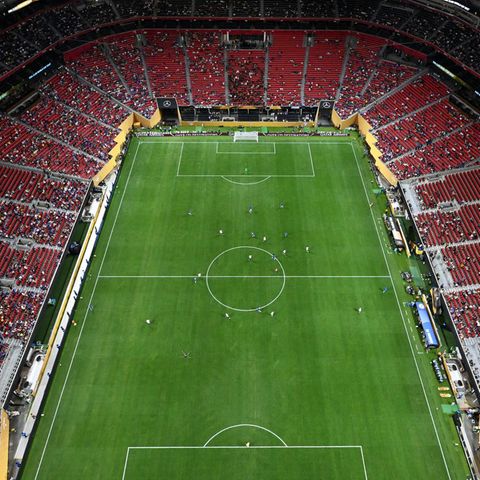All those involved had assured that open questions would be clarified “very quickly,” said the Chancellor. Scholz also commented on the question of whether the heating dispute would put a strain on his relationship with Economics Minister Habeck.
Federal Chancellor Olaf Scholz has promised a speedy revision of the controversial heating law, so that it will be in the Bundestag by the beginning of July. “Everyone involved has this ambition. And have assured that they will discuss the open questions very quickly,” the SPD politician replied in the “Kölner Stadt-Anzeiger” when asked whether the law would be introduced in parliament before the summer break.
The draft law – which will ban pure oil and gas heating in new buildings from 2024 – is now being discussed and improved in Parliament. All three factions of the coalition worked on it.
Regarding the open conflict between the Greens and the FDP over the law, the chancellor said: “I don’t hide the fact that, for my taste, these discussions could also be conducted quietly.” However, he explained the coalition dispute with the high pace of change that the traffic light had set in – “which inevitably sometimes leads to more lively discussions than if you wanted to change little or nothing at all”.
Scholz sees the relationship with Habeck unencumbered
When asked whether his relationship with Economics Minister Robert Habeck was unencumbered, Scholz said: “Definitely yes.” The heating law falls under the responsibility of the Green politician.
Scholz had already appealed to all actors in the traffic light coalition on Thursday to come to an agreement. On this issue, he “urged everyone to solve the specific issues that can all be solved together in the next few weeks,” said Scholz at a press conference in Berlin.
Due to fundamental concerns, the FDP had prevented the draft law on heating replacement that had already been passed by the cabinet from being dealt with in the Bundestag this week. Economics Minister Habeck then accused the Liberals of “breach of word”. Habeck now wants to meet representatives of the three traffic light groups SPD, Greens and FDP to discuss the law.
Klingbeil: “We should all pull ourselves together”
The background is, among other things, a catalog of questions from the FDP leadership announced in the “Bild” newspaper with around 100 questions about the law. According to the ministry, this had not yet been received.
“What was submitted to the BMWK this morning are 77 questions from the FDP reporters,” the ministry said. “These questions will be processed and of course answered.” The catalog, which is available to the German Press Agency, includes questions about the savings potential of renovations without replacing the heating system or the planned role of biomethane.
SPD leader Lars Klingbeil recently called for an agreement. “The public dispute has unsettled the population in a way that I have experienced with a few draft laws before,” he told the “Spiegel”. “We should all pull together and come to a conclusion quickly.”
What the new heating law is about
The law stipulates that from next year every newly installed heating system must be operated with at least 65 percent green energy. Alternatively, you can also switch to climate-neutral heat from a heating network. According to the Ministry of Economic Affairs, the switch should be socially cushioned – the details are controversial.
There are also unanswered questions about the federal government’s heat planning plans. The federal government wants to oblige the municipalities via the federal states to submit concrete heating plans in the coming years, exactly how they want to convert their heating infrastructure to be climate-neutral. Extensive building data is to be collected for this purpose.
“The planned deadlines for collecting the data will overwhelm the municipalities in terms of time and personnel,” said Bernd Düsterdiek from the Association of Towns and Municipalities of the “Rheinische Post” (Thursday). The district council made a similar statement. “In order to be able to implement the municipal heat supply at all, we need real openness to technology,” said Rainhard Sager, President of the German District Association, of the Funke media group.
Source: Stern




